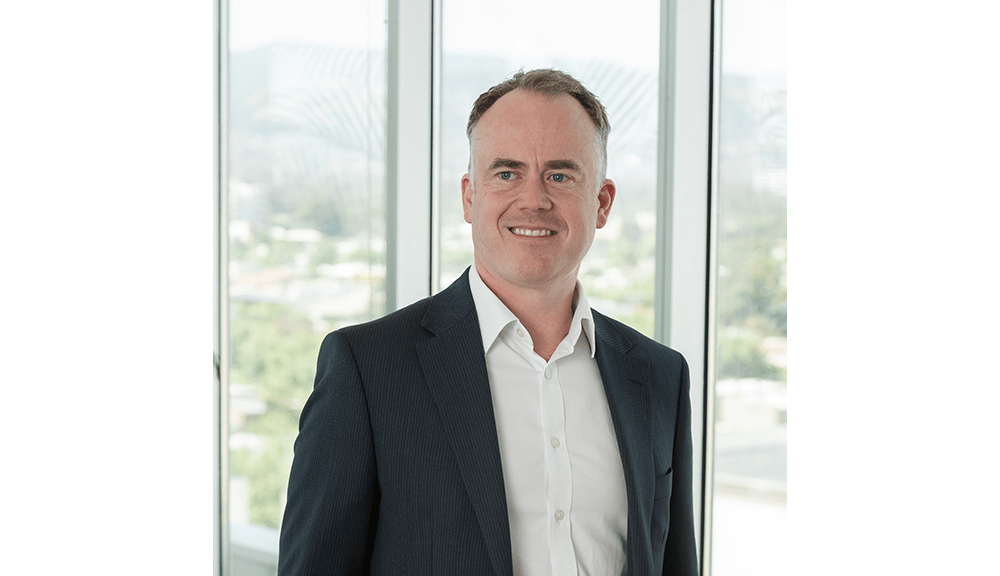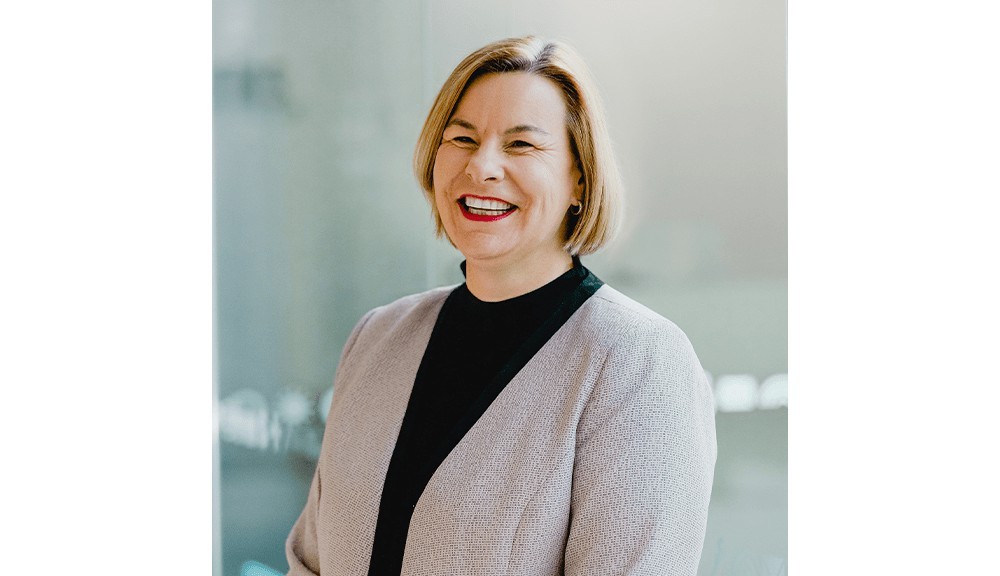Perks Private Wealth – an April snapshot
The world is experiencing extraordinary changes in health, energy and geopolitics that will produce a significantly different world over the next decade. For investors, the ideal choices then will be very different from those visible now. Even so, investing success involves navigating a shrewd path from here to there, being aware of change without letting market ‘noise’ distract us from long-term advantages. At Perks we’re continually seeking ways to strengthen our edge in investment advice and we’re thrilled to welcome Christo Hall as Independent Chairman of our Investment Committee.
Since the global COVID-19 outbreak caused panic in financial markets in March 2020, there’s been a rapid investment recovery, fuelled by extraordinary government spending and low interest rates across the developed world and China. Growth assets (shares, listed property, infrastructure and commodities) generated very high 12-month returns from their lows. Yet defensive assets (cash, term deposits and bonds) gave minimal or negative returns due to rising bond yields since 2020, concerned the huge stimulus may trigger inflation.
Many clients of our Perks Accounting colleagues benefited from the Federal Government’s JobKeeper scheme. For some, it led to increased profitability whilst for others, it provided a lifeline to keep doors open and remain viable. Now that JobKeeper has come to a close, many of these business owners are preparing themselves for managing staff in a post-JobKeeper world, as outlined in the article we’ve included below, written by our HR Consulting colleagues at Perks People Solutions.
The investor’s aftermath question – “what next?”
As investors, when approaching the tailend of an economic event, we often ask ourselves the same questions as business owners – what happens next?
How do we know when we are starting a new market cycle or just approaching the end of an old one?
In the case of COVID-19 – March 2020 signified the end of JobKeeper… so what did that mean for April – was this already the start of a new cycle or the end of one that was delayed by COVID?





